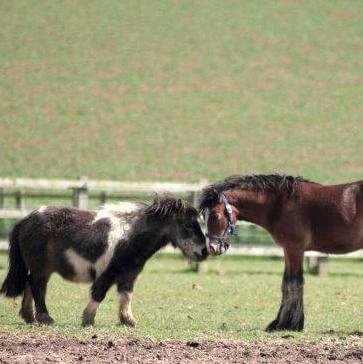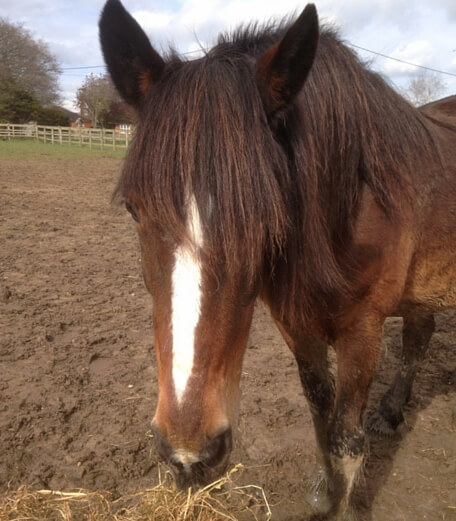


Managing the Flu Vaccine Shortage
The shortage of equine flu vaccine across Europe looks set to continue into October, according to the British Equine Veterinary Association (BEVA).
This is obviously a great concern for horse owners – not least at Remus Horse Sanctuary, where many of our residents are more vulnerable due to their condition and sometimes unknown vaccination status.
However, the British Equine Veterinary Association (BEVA) has offered some guidance for horse owners, depending on their risk level.
Those horses most at risk are adult horses that mix regularly with other horses, and young horses under the age of four who have an incomplete vaccination history.
BEVA recommends that if your horse is in a low risk category – fully vaccinated and not mixing with others – you could defer the vaccination by up to three months, in consultation with your vet of course, ensuring that you follow up with a booster within nine months. Your vet must update the horse’s passport with the relevant information.
If your horse competes under the British Horse Society (including British Riding Clubs), the Pony Club, Riding for the Disabled Association, Association of British Riding Schools and The Showing Council they will still be allowed to enter competitions if you defer for three months and then get the nine-month booster. Again, vets must mark and sign passports documenting the delay.
Other competition organisations have put in place a temporary exemption on the requirement for boosters within six months of a competition.
You can find full details of risk categories and exemptions for competitions at: www.yourhorse.co.uk/news/eqine-flu-vaccine-shortage-advice
Walking Back to Happiness
When horses come to us at Remus Horse Sanctuary, we often have to embark on a programme of rehabilitation. Many of them have been starved and neglected, and need to build up their strength and confidence.
So we were very interested to read this excellent article in Horse and Hound about the benefits of walking over ground and raised poles for rehabilitation or for general strengthening work.
The article focuses on research by the Animal Health Trust which found that using poles can help to increase range of movement, strengthen musculature and improve coordination and balance.
Find out more at: www.horseandhound.co.uk/news/how-walk-work-over-poles-benefits-equine-rehab-and-strength-793578.
As you know, we are struggling with our hay stocks and costs currently. If you’ve not already had chance, please do make a donation to our appeal at: www.justgiving.com/campaign/urgenthaysummer2022.
Fighting fatigue and keeping your horse fit and well
All horse owners know the importance of keeping their animals fit and well-exercised. But there comes a point when the horse will have had enough and can become fatigued.
Horses suffering from fatigue can be at risk of tendon damage, and be at risk of developing health conditions such as colic, laminitis or heat exhaustion, so it is vital that you can recognise the signs to avoid putting your horse at risk.
Remus Horse Sanctuary has to rescue horses that have been ill cared-for and overworked on a regular basis, but caring owners can learn how to recognise the warning signs and keep their horse out of danger.
Signs of fatigue include loss of coordination such as stumbling, a slowing down of pace, and increasingly labouring breathing.
Find out what else to look for, and how you can avoid fatigue in this interesting article.










